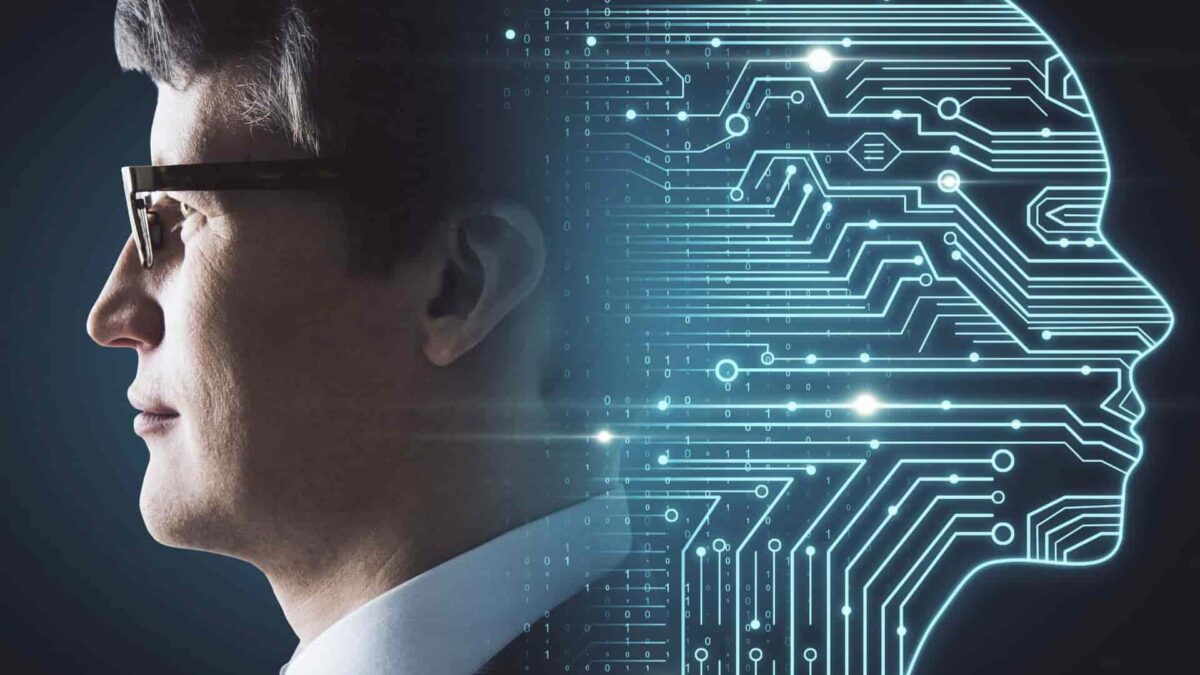Table of Contents
Introduction
In today’s digital world, Artificial Intelligence (AI) has moved beyond just being an impressive technology to become a major force affecting many parts of our lives. AI and human behavior are closely connected, with important applications changing how we make decisions. From targeted advertising to medical diagnoses, AI’s impact is both deep and revolutionary.
The Importance of AI on Human Behavior
AI has a huge impact on how people act and make choices. As AI technology improves, it is transforming industries, streamlining processes, and improving human experiences in ways never seen before.
- Personalization and Consumer Behavior: AI algorithms customize suggestions based on user data, greatly affecting buying choices. For example, Netflix uses AI to recommend shows and movies, helping users decide what to watch next. Likewise, Amazon uses AI to suggest products based on browsing history, improving the shopping experience.
- Healthcare and Diagnostics: In healthcare, AI’s power to quickly and precisely analyze large amounts of data has enabled earlier disease detection and customized treatment plans. For example, IBM Watson Health uses AI to help doctors diagnose illnesses by examining medical records and research, greatly enhancing patient outcomes.
- Autonomy in Decision-Making: AI-driven systems, like Tesla’s Autopilot, are transforming self-driving technology. These systems process real-time data to make quick decisions, improving safety and efficiency on the roads.
Case Studies Highlighting Transformative AI Applications
- AI in Marketing: Procter & Gamble: Procter & Gamble uses AI to enhance its marketing strategies. By analyzing consumer data, AI enables P&G to predict trends and customize advertisements, leading to greater engagement and improved conversion rates.
- AI in Finance: JPMorgan Chase: JPMorgan Chase uses AI to spot fraud and handle risks. AI algorithms examine transaction data to detect unusual activities, which helps prevent fraud and improve security.
- AI in Healthcare: Mayo Clinic: The Mayo Clinic uses AI to enhance the accuracy of diagnoses and the effectiveness of treatments. AI systems analyze patient information, medical research, and clinical trials to help doctors make more informed decisions.
- AI in Entertainment: Spotify: Spotify uses AI to create playlists and suggest songs tailored to user tastes. This personalized approach has significantly boosted user engagement and satisfaction.
- AI in Retail: Walmart: Walmart uses AI to manage inventory and improve supply chain operations. AI-driven analytics help Walmart forecast demand, cut down on waste, and ensure products are always in stock.
- AI in Education: Duolingo: Duolingo uses AI to customize language learning. AI algorithms adjust lessons based on how well users are doing, making the learning process more effective and enjoyable.
Key Takeaways
- Personalization: AI tailors experiences and recommendations to individual preferences.
- Healthcare: AI enhances the accuracy of diagnoses and the effectiveness of treatments.
- Autonomous Systems: AI drives autonomous systems, improving safety and efficiency.
- Marketing: AI optimizes marketing strategies, increasing engagement and conversions.
- Finance: AI enhances the detection of fraud and the oversight of risks.
- Entertainment: AI personalizes content recommendations, enhancing user engagement.
- Retail: AI optimizes inventory management and supply chain operations.
- Education: AI personalizes learning experiences, improving effectiveness and engagement.
As AI keeps advancing, its impact on how people behave and make decisions will increase, leading to a future where technology and human life blend together smoothly.
Conclusion
This article highlights the transformative impact of AI on human decision-making through various case studies, illustrating the extensive influence of AI across multiple domains. For further reading on related topics, visit our articles on the Future of AI in Healthcare and AI in Autonomous Vehicles.
FAQs
- How is AI affecting human behavior?
AI is influencing human behavior by personalizing experiences, making decisions more efficient, and improving accuracy in areas like healthcare, marketing, and consumer behavior. - What are some examples of AI impacting consumer behavior?
AI impacts consumer behavior through personalized recommendations on platforms like Netflix and Amazon, which suggest content and products based on user data and preferences. - How does AI improve healthcare?
AI enhances healthcare by enabling quicker and more accurate diagnoses, offering personalized treatment plans, and analyzing large datasets to detect diseases early. - How does AI contribute to autonomous systems?
AI powers autonomous systems like self-driving cars (e.g., Tesla’s Autopilot) by processing real-time data to make decisions that improve safety and efficiency. - What role does AI play in marketing?
AI in marketing helps brands like Procter & Gamble predict trends, analyze consumer behavior, and optimize advertising strategies for better engagement and conversions. - How is AI used in finance?
In finance, AI helps companies like JPMorgan Chase detect fraud and manage risks by analyzing transaction data and identifying unusual patterns or activities. - How does AI personalize entertainment experiences?
AI personalizes entertainment through platforms like Spotify, where it tailors music recommendations and creates playlists based on user preferences. - How is AI transforming retail?
Retailers like Walmart use AI for inventory management and supply chain optimization, helping them predict demand, reduce waste, and ensure product availability. - How is AI improving education?
AI enhances education by personalizing learning experiences on platforms like Duolingo, adjusting lessons based on users’ performance to make learning more effective. - What are the key takeaways about AI’s influence on human behavior?
Key takeaways include AI’s role in personalization, improving healthcare, driving autonomous systems, enhancing marketing, detecting fraud, optimizing retail, and personalizing education.





